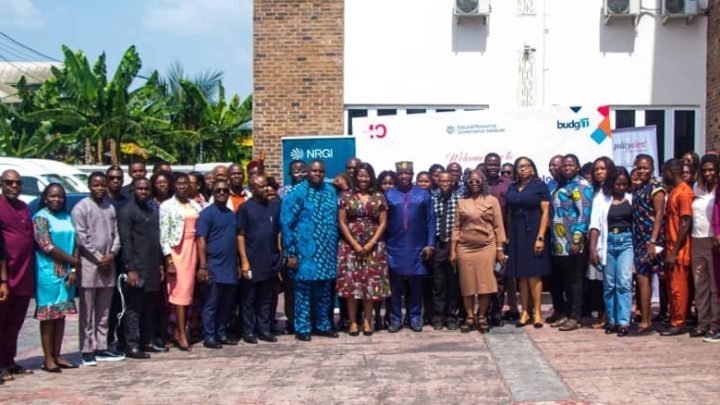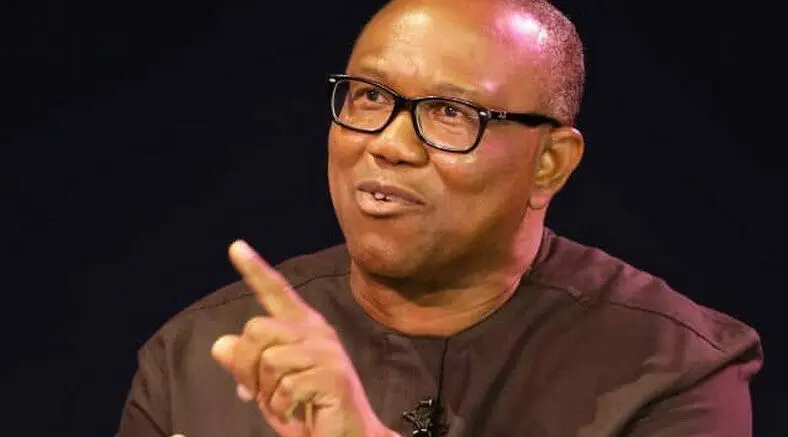By Grace Asam
Nigeria’s oil-producing states are urged to curb debt and diversify into non-oil revenues for fiscal resilience amid the global energy transition.
At a two-day regional dialogue in Uyo, Akwa Ibom State, participants emphasised the need to enhance subnational fiscal resilience in the Niger Delta.
The event, organized by Policy Alert in collaboration with the Natural Resource Governance Institute (NRGI) and BudgIT Foundation, gathered government officials, civil society groups, community leaders, and youth to address challenges and opportunities of the global energy transition.
In a post-event statement, the organisers described the dialogue as successful, noting that it highlighted the fiscal vulnerabilities of Niger Delta states.
The event also explored strategies to diversify state economies, reduce public debt, enhance fiscal transparency and accountability, and empower civil society and youth to engage in decision-making processes for greater resilience.
You can also read: Road to Extortion: How Security Forces Prey on Travelers on Lagos-Cotonou-Lome-Accra Route – Part I
Road to Extortion: How Security Forces Prey on Travelers on Lagos-Cotonou-Lome-Accra Route – Part II
“Considering the shrinking fiscal wiggle room that the energy transition may initiate, states of the Niger Delta region must be cautious about piling on more debt” said Edidiong Dickson, Lead, Energy Extractives and Climate Justice Programme at Policy Alert. He also emphasised why a low appetite for debt is instrumental to building resilience in the Niger Delta.
Tengi George-Ikoli the Senior Programme Officer at NRGI, during her presentation explained why Nigeria, particularly oil producing states in the Niger Delta must respond to the global shift from fossil fuels and implement initiatives to stimulate economic growth and social development.
The event featured two panel sessions with the themes, “The Energy Transition – Strengthening Government Response to the global energy paradigm” and “Balancing Fiscal Resilience and Community Needs.”
During the panel, government representatives from various states threw more light on state-level responses to the energy transition and plans in place to boost non-oil revenue.
Representatives of communities also provided insights on the impact of fiscal risks of the transition on marginalised groups and fence-line communities.
Insights from Akwa Ibom, which served as the pilot for a research on fiscal resilience, were also shared.
You can also read: Ambitious Investigation Shows NSCDC Only Nigerian Security Agency Not Extorting
Road to Extortion: How Security Forces Prey on Travelers on Lagos-Cotonou-Lomé-Accra Route – Part IV
An audience discussion identified increased youth unemployment, illiteracy, poverty, poor health care, and youth exclusion in decision making as fallouts of the transition particularly affecting young people in the Niger Delta region, noting that fiscal strategies
The dialogue concluded with the launch of a handbook, “Strengthening Fiscal Resilience to Minimize the Impact of the Energy Transition,” and the formulation and adoption of actionable recommendations for Niger Delta states to build fiscal resilience in the face of a changing energy landscape.




